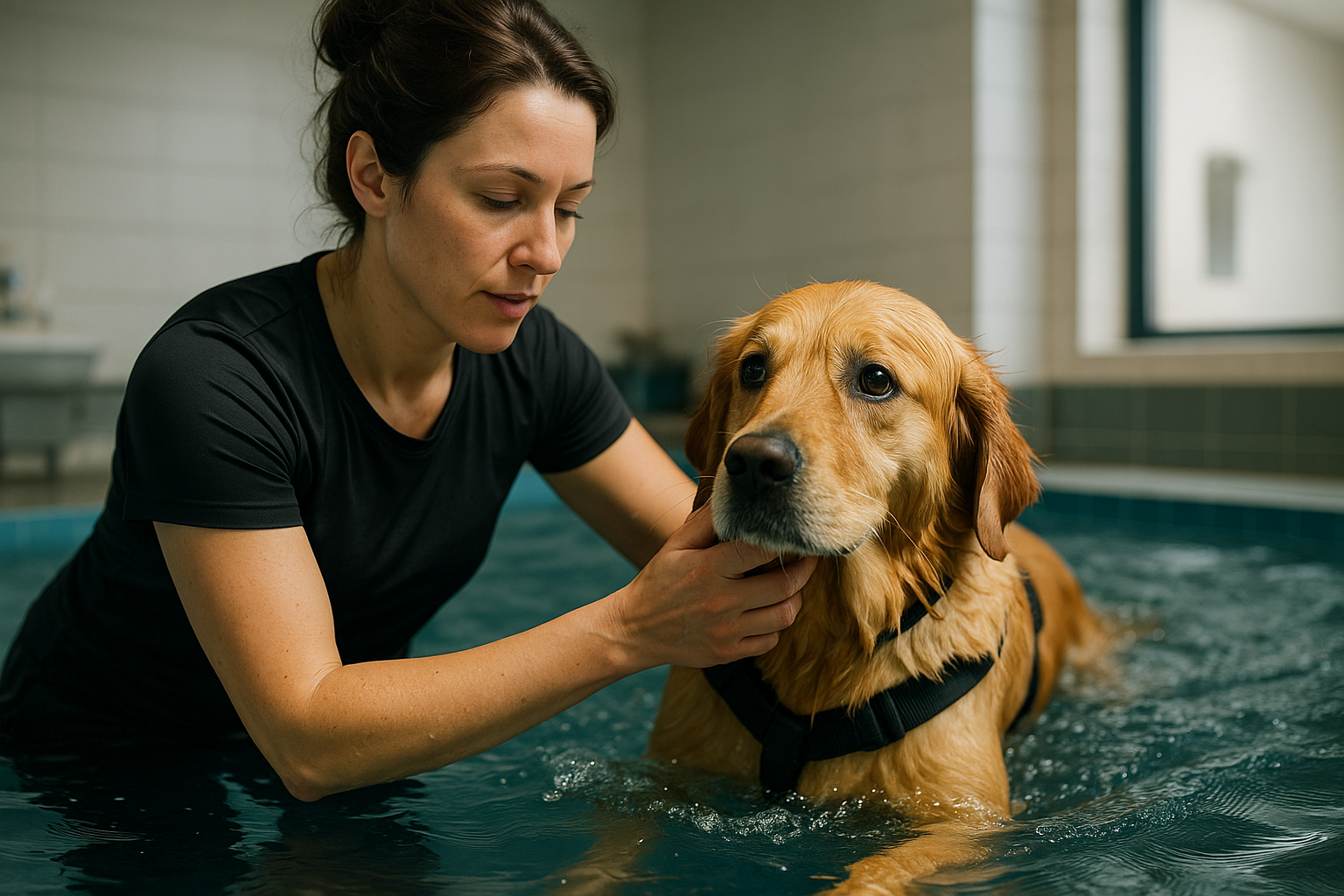Why Cavoodle Puppies Are Popular in Gentle Homes and Allergy-Prone Families
Cavoodle puppies are known for their affectionate temperament, small size, and low-shedding coats. These qualities often make them suitable for gentle households and individuals sensitive to pet dander. Learning about their care and traits helps families prepare for ownership.

The Cavoodle, also known as a Cavapoo in some regions, has emerged as one of Australia’s most beloved designer dog breeds. This charming crossbreed inherits the gentle, affectionate temperament of the Cavalier King Charles Spaniel and the intelligence and hypoallergenic qualities of the Poodle. For families prioritizing a calm household atmosphere and those concerned about pet allergies, the Cavoodle presents a compelling option that balances companionship with practical considerations.
Cavoodle Temperament and Family Compatibility
Cavoodles are renowned for their gentle, friendly disposition, making them exceptionally well-suited to family environments. These dogs typically display a calm demeanor while maintaining a playful spirit, striking a balance that works well in homes with children, elderly family members, or other pets. Their Cavalier heritage contributes a naturally affectionate and patient personality, while the Poodle lineage adds intelligence and trainability.
These puppies tend to form strong bonds with their human families and thrive on companionship. They generally exhibit minimal aggression and adapt well to various household dynamics, from quiet apartments to active family homes. Their moderate energy levels mean they enjoy playtime and walks but are equally content to relax indoors, making them suitable for families who prefer a less demanding exercise routine. Cavoodles also respond well to positive reinforcement training, which helps establish good behavior patterns early in their development.
Their social nature means they typically get along well with children when properly socialized, though supervision during interactions with very young children is always recommended. The breed’s patient temperament and moderate size reduce the risk of accidental knocking over of small children, a concern with larger, more boisterous breeds.
Low-Shedding Coat and Allergy Considerations
One of the primary reasons Cavoodles appeal to allergy-prone families is their low-shedding coat, inherited from their Poodle parent. While no dog breed is truly hypoallergenic, Cavoodles produce significantly less dander than many other breeds, which can reduce allergic reactions in sensitive individuals. Their coat typically ranges from wavy to curly, with minimal shedding throughout the year.
The Poodle influence in their genetic makeup contributes to a coat that retains loose hair rather than releasing it into the home environment. This characteristic makes them a practical choice for households where pet hair accumulation is a concern, whether due to allergies or simply a preference for cleaner living spaces. However, potential owners should understand that individual reactions to dogs vary, and spending time with Cavoodles before committing to ownership is advisable for those with known allergies.
Regular grooming is essential to maintain the coat’s condition and minimize potential allergen buildup. Professional grooming every six to eight weeks, combined with regular brushing at home, helps keep the coat healthy and reduces the presence of dander. Bathing with appropriate dog shampoos can also help manage allergen levels while keeping the coat clean and tangle-free.
Care Needs for Calm and Playful Companions
Cavoodles require consistent care to maintain their health and temperament. Their grooming needs are more intensive than short-haired breeds, requiring regular brushing several times per week to prevent matting and tangling. Professional grooming appointments typically include trimming, bathing, nail clipping, and ear cleaning, all of which contribute to the dog’s overall wellbeing.
Exercise requirements are moderate, with daily walks of 30 to 45 minutes generally sufficient to keep them physically and mentally stimulated. These dogs enjoy interactive play, training sessions, and socialization opportunities with other dogs. Their intelligence means they benefit from mental stimulation through puzzle toys, training exercises, and varied activities that prevent boredom.
Nutritional needs should be met with high-quality dog food appropriate for their size, age, and activity level. Cavoodles are prone to weight gain if overfed, so portion control and regular monitoring of their body condition are important. Fresh water should always be available, and treats should be given in moderation.
Regular veterinary care, including vaccinations, parasite prevention, and dental care, is essential for maintaining their health. Cavoodles may inherit health considerations from their parent breeds, such as heart conditions from the Cavalier side or hip dysplasia from the Poodle lineage, making routine veterinary checkups important for early detection and management of potential issues.
Creating a Suitable Home Environment
Cavoodles adapt well to various living situations, from apartments to houses with yards, provided their exercise and companionship needs are met. They are not well-suited to being left alone for extended periods, as they can develop separation anxiety due to their strong attachment to their families. Homes where someone is present for much of the day, or where arrangements can be made for midday visits or doggy daycare, are ideal.
Their gentle nature means they respond poorly to harsh training methods or chaotic environments. Calm, consistent households where routines are established and positive reinforcement is used help Cavoodles thrive. Creating designated spaces for rest, play, and feeding contributes to their sense of security and wellbeing.
Socialization from an early age is crucial for developing a well-adjusted adult dog. Exposing Cavoodle puppies to various people, environments, sounds, and experiences during their critical development period helps prevent fearfulness and behavioral issues later in life. Puppy socialization classes and controlled interactions with other vaccinated dogs provide valuable learning opportunities.
The combination of their adaptable temperament, manageable care requirements, and allergy-friendly coat makes Cavoodles particularly appealing to families seeking a companion that fits harmoniously into gentle home environments. Their ability to provide affection and companionship while accommodating the practical needs of allergy-prone households explains much of their sustained popularity across Australia. For families willing to commit to their grooming and companionship needs, Cavoodles offer years of loyal, loving companionship in a package well-suited to modern family life.




